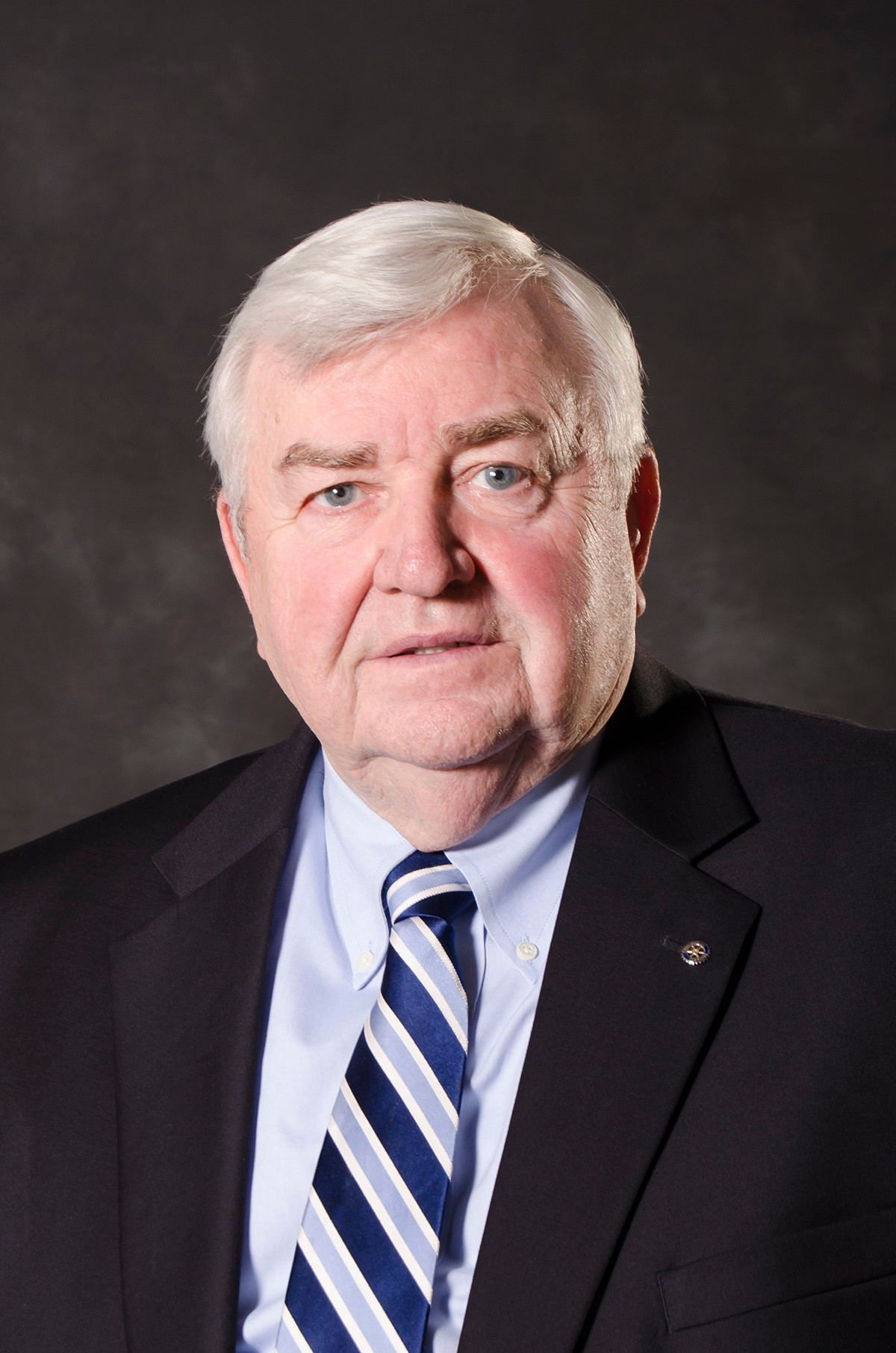Town to amend restaurant, bar regulations
ORANGE PARK – The Orange Park Town Council voted Tuesday to amend a section of Town code governing the placement of establishments that sell alcohol within town limits.
The ordinance formerly …
This item is available in full to subscribers.
Attention subscribers
To continue reading, you will need to either log in to your subscriber account, or purchase a new subscription.
If you are a current print subscriber, you can set up a free website account and connect your subscription to it by clicking here.
If you are a digital subscriber with an active, online-only subscription then you already have an account here. Just reset your password if you've not yet logged in to your account on this new site.
Otherwise, click here to view your options for subscribing.
Please log in to continueDon't have an ID?Print subscribersIf you're a print subscriber, but do not yet have an online account, click here to create one. Non-subscribersClick here to see your options for subscribing. Single day passYou also have the option of purchasing 24 hours of access, for $1.00. Click here to purchase a single day pass. |
Town to amend restaurant, bar regulations
ORANGE PARK – The Orange Park Town Council voted Tuesday to amend a section of Town code governing the placement of establishments that sell alcohol within town limits.
The ordinance formerly was not only difficult to understand, but favored larger, corporate restaurants over small, ‘mom and pop’ restaurants that may offer a wine or beer selection with dinner, said Sam Garrison, town attorney.
“The existing language is very confusing – it’s literally hard to understand what it says,” Garrison said.
The change comes on recommendation from the Orange Park Planning and Zoning Board, a subcommittee formed to develop recommendations on new zoning ordinances and updates to old language as needed.
“The second thing [the] Planning and Zoning [Board] looked at was making sure that they preserve the intent of the law, the reason it’s there, but also not be a barrier to small restaurants or small businesses,” Garrison said.
As originally written, the regulation prevented businesses that sold beer and wine from operating within 500 feet of a church, school or a restaurant that seats more than 100 patrons.
The amendment changes the language to read that restaurants and grocery stores that sell alcohol can locate within 500 feet of a separate business that sells beer and wine as long as 51 percent of their gross revenue is derived from food, and not alcohol.
With its approval, the ordinance will go through three public readings before adoption.
The ordinance originally sought to keep the town from becoming a “whiskey road,” as a similar ordinance placed 500 feet buffers between gas stations.
However, town staff argue the restaurant ordinance was too restrictive on small restaurants seeking to relocate to vacant storefronts within the town.
“I think we need to do what we can to encourage really nice restaurants to come to our town as well as really nice grocery stores to come to our town, and if this is what it takes to encourage that kind of business to come in, then that’s what we’ll do,” said Council member Connie Thomas.
Municipal governments have turned towards looser restrictions on businesses that sell alcohol as a means to increase their tax bases. Often, restaurants make up revenue lost from slim profit margins on food with alcohol sales.
According to Councilman Ron Raymond, there are many similar examples of unclear wording or outdated language within the Town of Orange Park’s Charter – essentially its constitution.
Raymond intends to use the General Government Administration Committee to remedy what he sees as differences between charter-mandated job duties of staff and the realities of the myriad duties each staff member fulfills.
To accomplish this, Raymond requested separated and marked binders for each committee member on a litany of specific documents from town staff that, if fulfilled, would require two days of staff time to complete and use roughly 2,500 pages of paper.
According to Town Manager Jim Hanson, the cost of this would amount to roughly $700, an amount that the town would have to amend its budget to accommodate.
Raymond justified the expense.
“As I read the tea leaves here, we keep going in circles,” Raymond said. “We don’t really get anything – that’s not fair – we don’t get as much done as we could get done and we never go after anything in a comprehensive manner.”
“Those citations you’re asking for,” said Councilman Gary Meeks in describing the process town staff would have to endure to retrieve certain documents. “Most of it is in recordings…I don’t know exactly what your predecessors did incorrectly – and I would say that I was one of them.”
“I’ll pay the $700,” Raymond said. “I just think that you’re asking people to do a lot of work that they’re fully willing and fully capable to.”
The council eventually approved this request on a 4-1 split vote after 15 minutes of argument.
Among the documents Raymond requested was a list of job duties of the Town Clerk and Town Attorney. Raymond said nowhere in the charter does it say that the role of Town Clerk involves acting as the town’s public information officer.
Many of the members on the General Government Administration Committee – which Raymond chairs – have publicly voiced that they believe Town Clerk Sarah Campbell has been feeding incorrect and overly-critical information on former Council member Eugene Nix to local media.
Nix is a member of the General Government Administration Committee along with other residents. The role of that committee makes recommendations to the council related to employee benefits, council rules, Town Charter and Code Ordinances. Council member Thomas is also a member of the committee.
The committee meets once a month and usually has only one or two items on its agenda. Raymond said he intends on deeply examining inaccuracies in the charter and fixing them, although he is not the first chair to do this.
Meeks said when the committee would recommend a change to foundational documents when he was vice-chair, many times the recommendations would often die without a vote.











